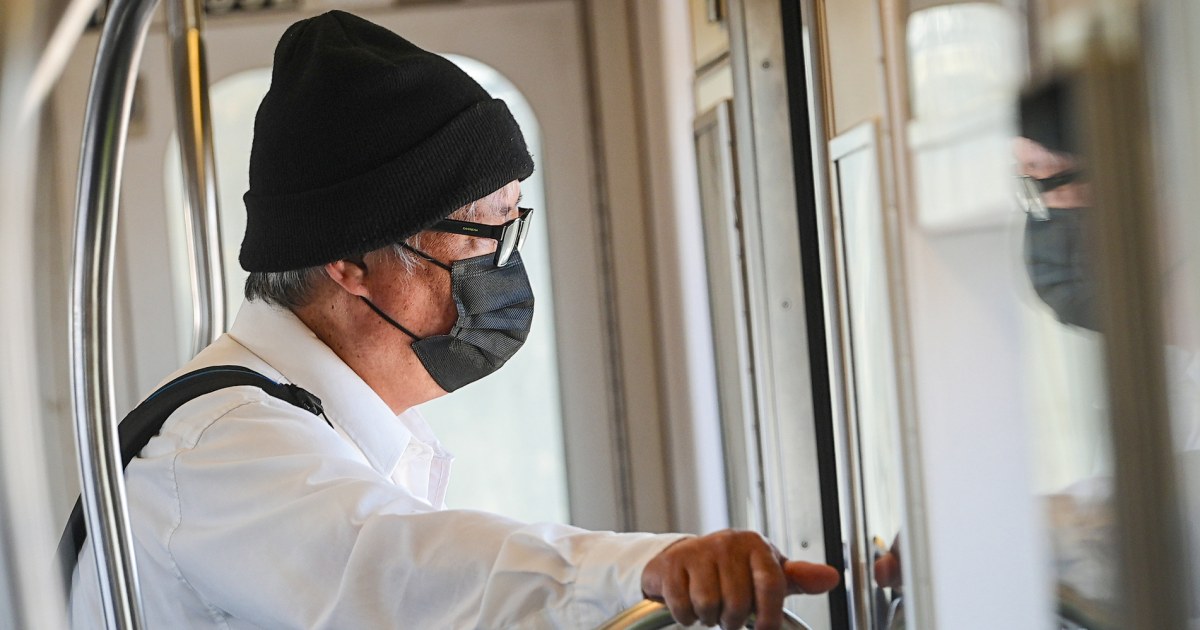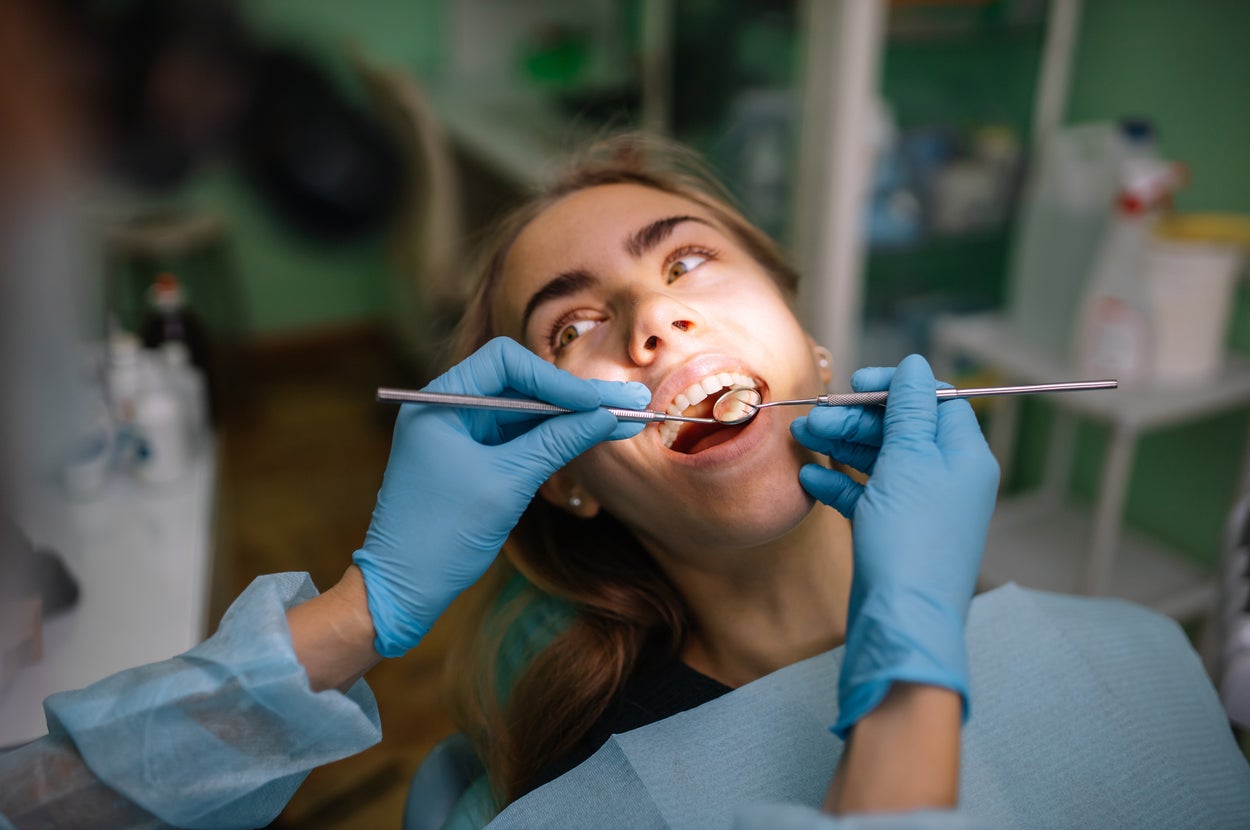Summer Covid cases are rising across the U.S. — Is it time for a vaccine?

As Covid cases begin to rise this summer, many may be wondering: What are my risks, and is it time to get another vaccine?
As of July 15, Covid cases were growing or likely growing in 27 states including Texas, Illinois, Kentucky, Virginia and Ohio, according to the Centers for Disease Control and Prevention.
Rates of positive Covid tests have also been increasing in recent weeks, the CDC says, specifically in the southern region of the country.
N.B.1.8.1 is the current dominant variant in the United States, accounting for 43% of all new Covid cases, according to the CDC. It’s an offshoot of the XVD.1.5.1 strain, a descendant of the omicron variant. N.B.1.8.1 was responsible for a surge in hospitalizations in China earlier this year.
It’s been nicknamed “razor blade throat,” as there have been anecdotal reports of some people getting painful sore throats, said Dr. William Schaffner, an infectious disease expert at Vanderbilt University Medical Center in Nashville, Tennessee. Schaffner noted, however, that sore throats have been a common symptom of Covid since it first began spreading.
“I doubt the clinical spectrum of Covid has changed substantially,” Schaffner said.
Do I need a Covid booster? When will the new vaccines be available?
The uptick in cases comes as many Americans have likely gone a year or longer without a Covid shot.
In May, the Food and Drug Administration asked drugmakers to update their Covid vaccines to target the LP.8.1 strain, a descendent of JN.1, which began spreading widely in 2023 and is another offshoot of omicron. LP.8.1 currently accounts for 31% of all new cases, per the CDC.
The new shots won’t be available until the fall, and are expected to be approved only for adults 65 and up and kids and adults with at least one medical condition that puts them at risk of severe illness. Healthy kids and adults who want a shot may have to find an older version or pay out of pocket. A single dose can cost as much as $140.
Experts say, however, that population immunity — whether from vaccination, prior infection or both — may shield much of the public for now.
“While we don’t have a lot of high level of immunity in the population right now, because it’s been so long, we may have enough low level immunity to just make it a little bit harder for that virus to transmit easily from person to person,” said Andy Pekosz, an infectious disease researcher at Johns Hopkins University.
Indeed, weekly hospitalization rates have remained low, suggesting that the new variant may not be leading to severe illness.
The number of cases are still drastically lower than those this time last year, when the test positivity rate peaked in August at 17.9%. The 2025 season has yet to scrape 5%.
Pekosz said it isn’t unusual for cases to rise during the summer time, when people are likely to crowd indoors to escape the heat. However, he believes that if there is a summer surge of cases, it will be a small one.
“The variants have been around for a while and haven’t caused any major surges up until date,” Pekosz said. “So again, I’m hopeful that if we see a surge, it’ll be a low level surge compared to previous years.”
Dr. Ofer Levy, director of the precision vaccines program at Boston Children’s Hospital, who has advised the FDA, said people who are at high risk of severe illness still may want to consider getting a Covid shot, if they can find one.
High risk groups include:
- Older adults
- People with weakened immune systems
- Pregnant women
- Those with underlying health conditions, such as asthma and heart disease
Getting a shot is especially important, Levy said, for those who haven’t had one in over a year and whose immunity has likely waned.
“If you’re in a high risk group and you’re in a state where cases are rising, you may want to just get the first available appointment and get a shot to protect yourself,” he said.
People at high risk can then consider getting an additional Covid shot when the updated vaccines are distributed in the fall, he said.
Covid has two waves a year
Schaffner, of Vanderbilt, said people in the high risk groups may also want to consider wearing a mask during indoor activities, such as the movies.
Healthy adults and children may be able to wait longer before getting another shot, Levy added.
“If you’re in a lower risk group, that’s where things get fuzzy,” he said. “I mean if you want a vaccine and your health care provider concurs and you can get it.”
Dr. Michael Phillips, an infectious disease doctor at NYU Langone, said that he sees mostly immunocompromised and older adults test positive for the virus. For those who haven’t gotten a Covid shot in years, Phillips said he doesn’t think they should worry just yet.
“If you’re younger, otherwise healthy, I think you’re OK,” Phillips said. “If you have underlying pulmonary disease, you know, if you’re an older age group, now that’s a time when you should be really talking to a doctor and saying, ‘Gosh, should I be getting a booster for Covid?’”
He said that the amount of positive Covid tests NYU Langone has seen has decreased 40% since February.
Fatima Amaeka, a senior analyst at the Center for Outbreak Response Innovation at Johns Hopkins, said she expects the current wave to peak around September.
Schaffner said to expect another wave in the late fall and winter.
“[Covid] has two increases each year,” he said. “Everyone is familiar with the winter increase that goes along with flu and RSV.”
Source link






